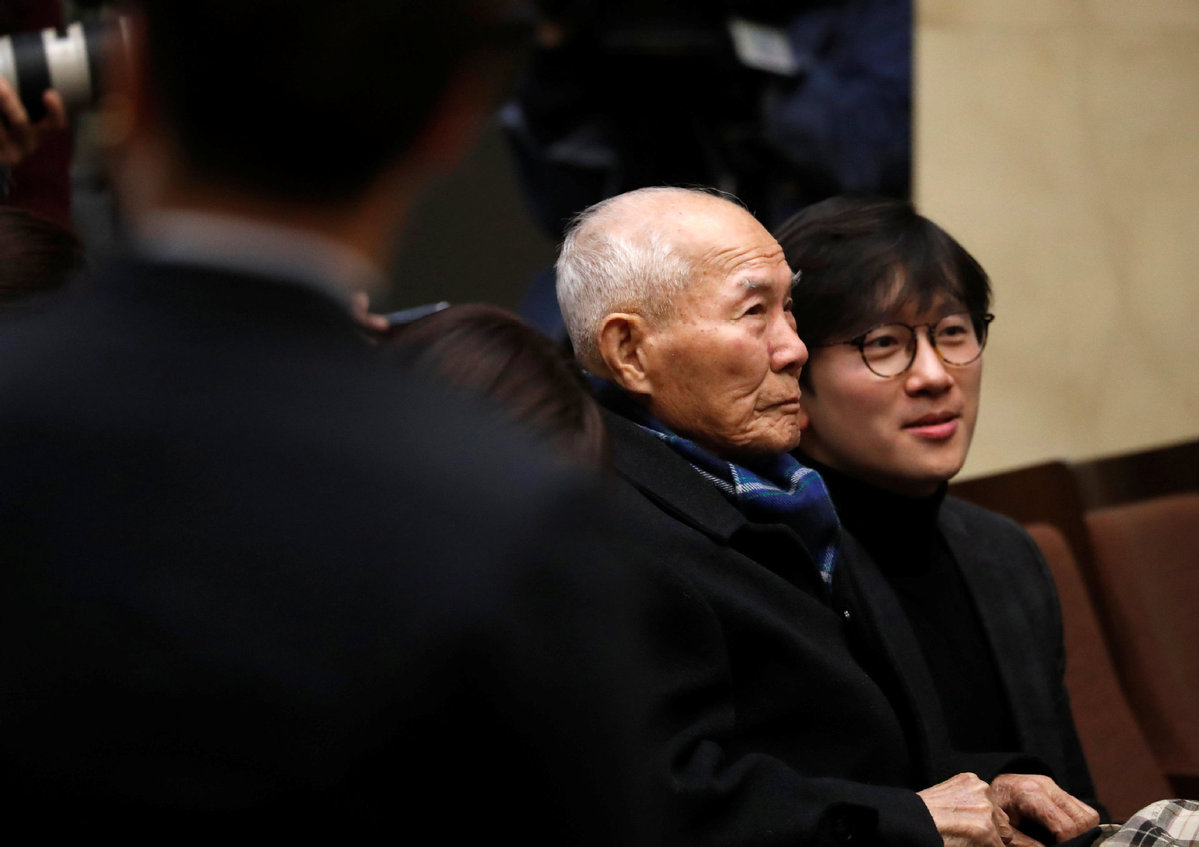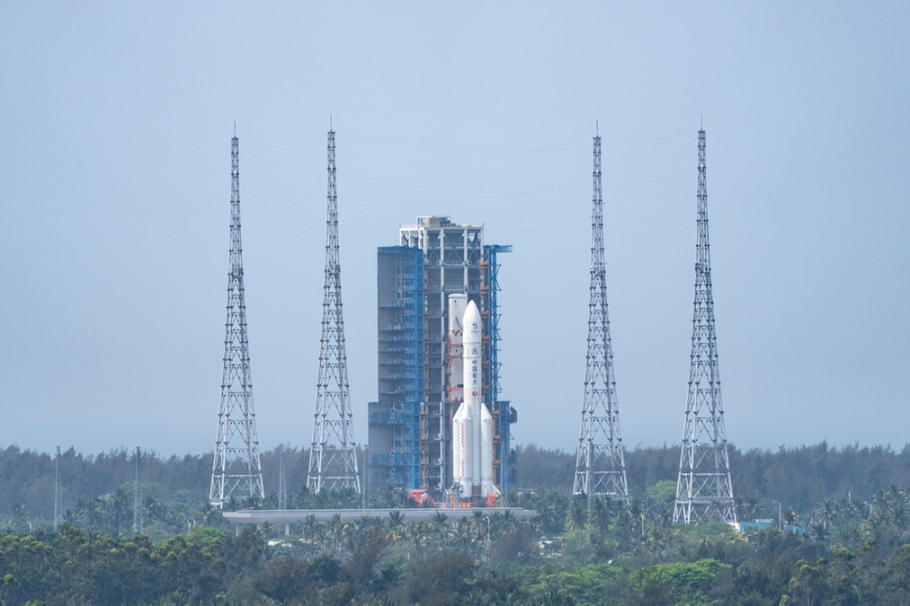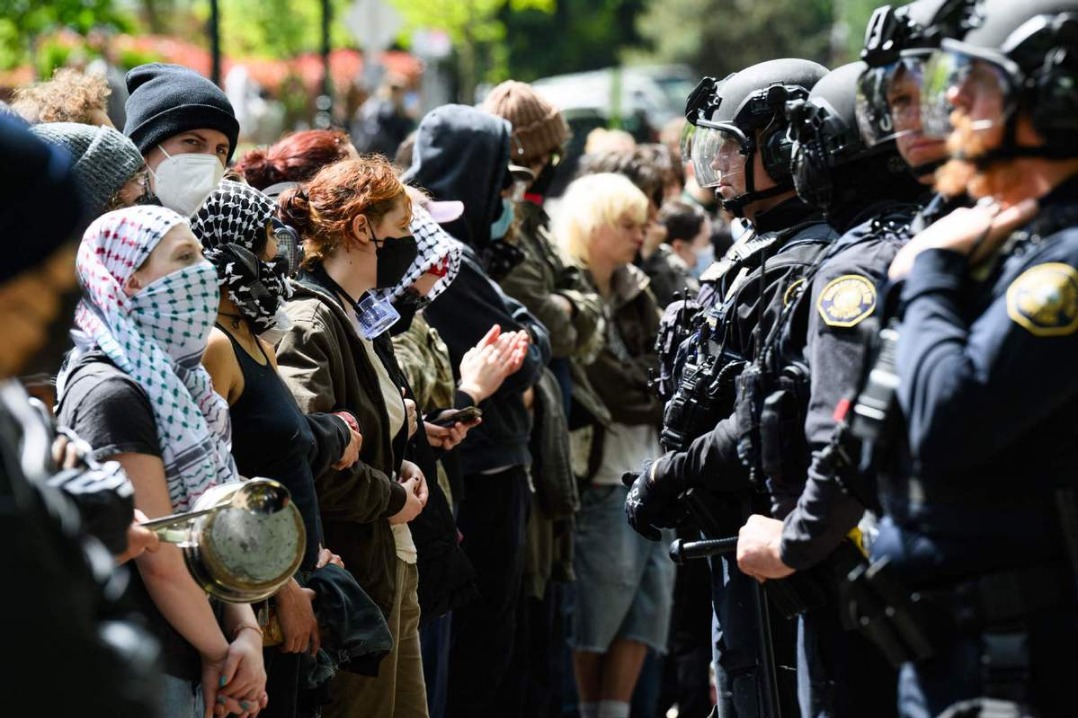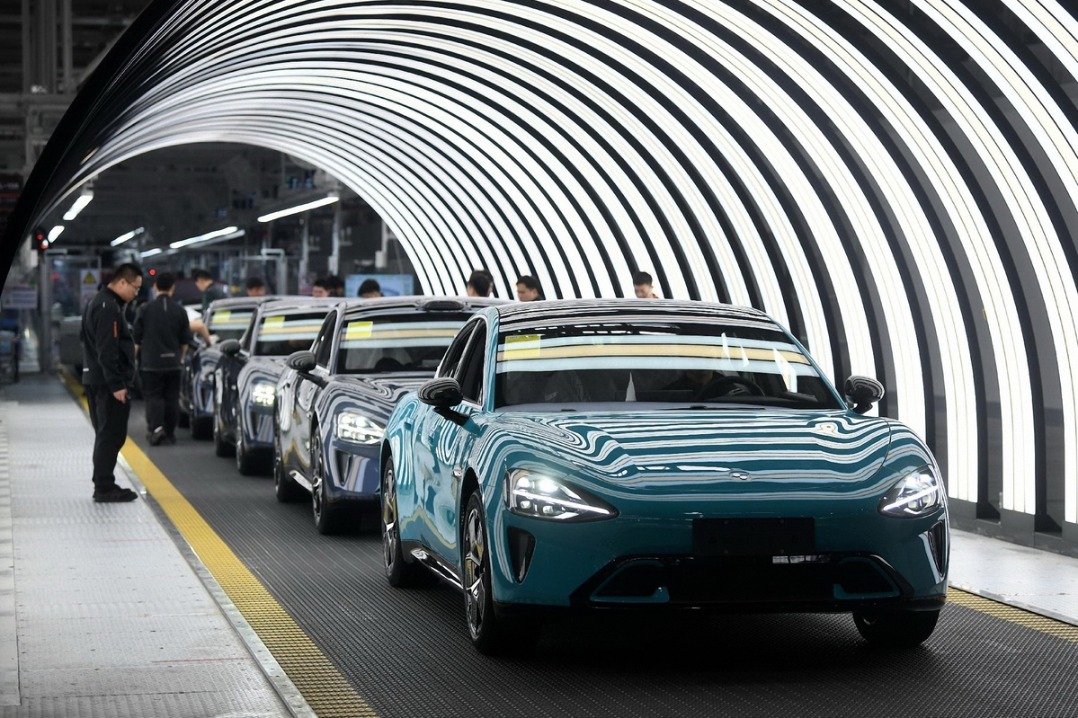ROK's Supreme Court ruling a slap in the face for Yoon govt
China Daily | Updated: 2024-01-15 07:51

On Jan 11, the Supreme Court of the Republic of Korea ruled that Japan-based Nippon Steel Corporation should pay 100 million Korean won ($76,118) as compensation to the family of a forcibly conscripted laborer during World War II. In response, the Japanese government immediately lodged a protest.
The victim in the case was forcibly taken from Korea to Japan at the age of 13 in March 1943, where he was forced to work without payment. In April 1944, he was assigned to the Japanese military as a soldier, and returned to Korea after the war. After he passed away in 2012, his widow and three children filed a lawsuit in May 2015 seeking compensation.
On the same day as the judgment was announced, the ROK and Japan held their first bilateral high-level economic talks in eight years in Seoul and agreed to promote cooperation. This ruling, along with Japan's strong official response, undoubtedly put Seoul in an awkward position.
Being elected president of the ROK in 2022, Yoon Suk-yeol under the influence of the United States actively promoted the warming of relations with Japan. In March 2023, he announced that the ROK and Japan would jointly establish a foundation, funded by local companies and supported by the ROK government, to compensate the victims or the families of victims of forced labor during the Japanese colonial period. Yet the ruling, together with the final rulings the Supreme Court of the ROK made in two similar compensation cases in December 2023, both favoring the laborers seeking compensation, indicates that diplomatic compromises will not automatically make the issue of forced labor disappear, something Japan desperately wants.
But the latest judicial ruling may not inflict significant damage on bilateral relations. The key to the US' "Indo-Pacific" strategy is to rally local countries, such as Japan and the ROK, to counterbalance countries such as China, Russia and the Democratic People's Republic of Korea. The US is unlikely to tolerate a situation where such rulings disrupt its arrangement.
On the day of the ruling, the ROK Ministry of Foreign Affairs stated that it would attempt to compensate the plaintiffs through a third-party compensation system. As some observed, most families of victims, especially the descendants, are primarily concerned with receiving compensation and don't care much about whether that comes directly from relevant Japanese enterprises or the Japanese government. That's also essentially why by far none of the similar compensation rulings made by ROK courts have been truly implemented by Japanese enterprises.
But there are still more than 70 similar cases of ROK forced labor victims and their families seeking compensation from Japan awaiting rulings or final judgments, so Japan will have more protests to lodge and the ROK government will have more money to pay out.
























